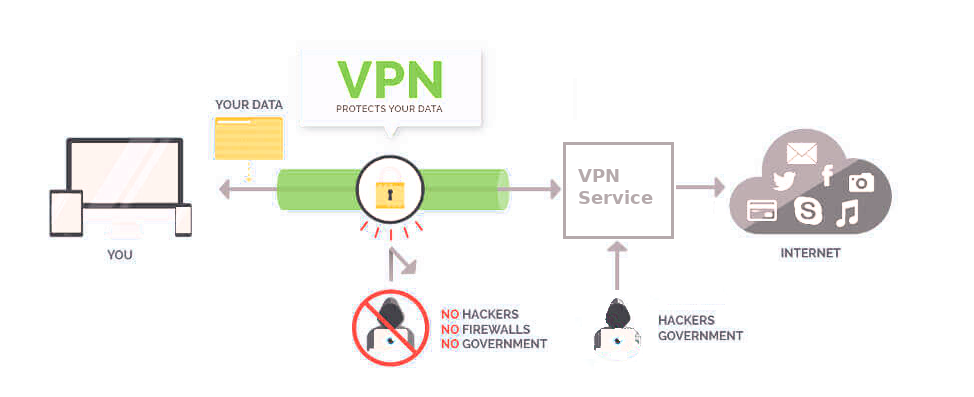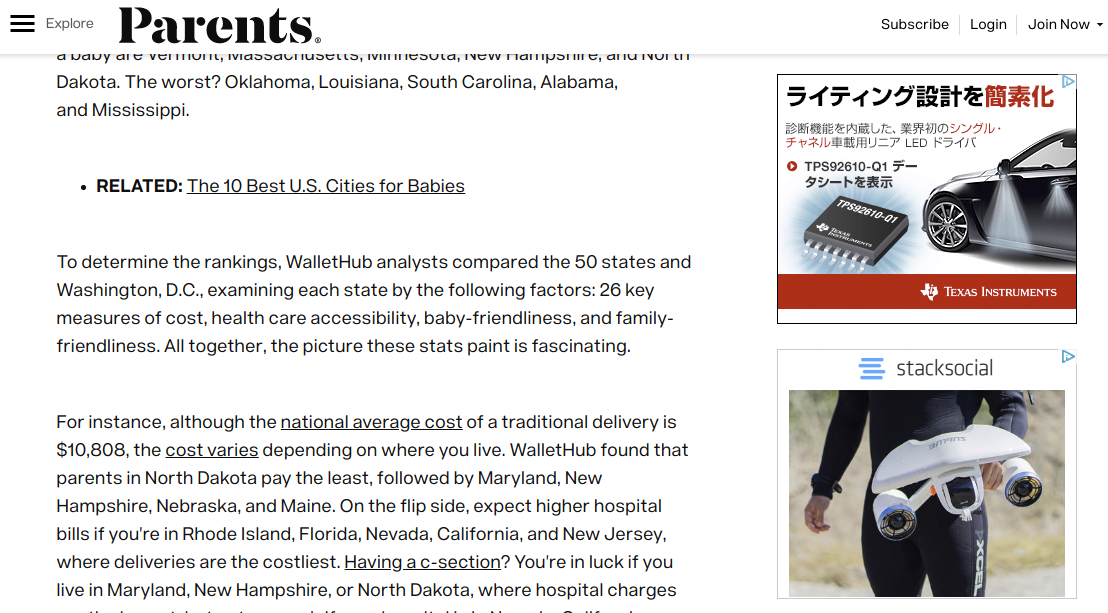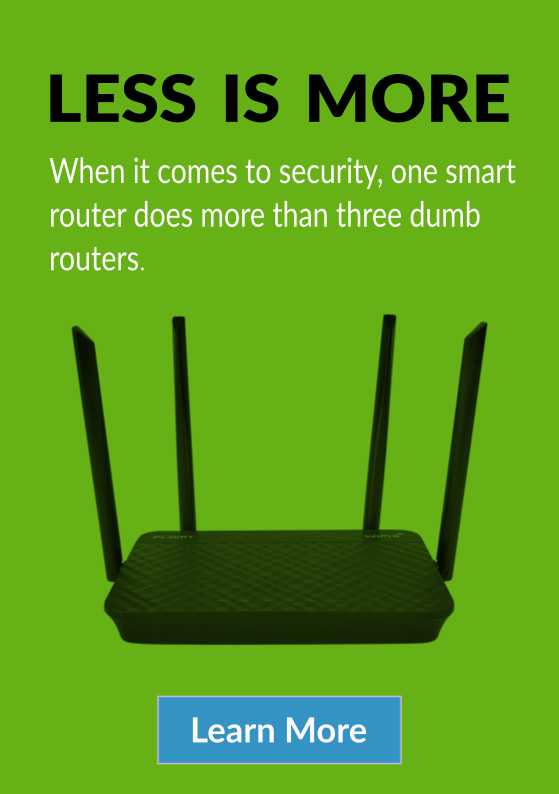-
Does a VPN Really Protect My Privacy?

The above picture is often used to illustrate how VPNs can protect your privacy. Because the VPN creates an encrypted tunnel between you and the Internet, your privacy is protected.However, the picture is missing a very important piece: the VPN service provider.

As you can see, the encrypted tunnel ends at the VPN service provider. After that, everything is back to where it was before. If you were worried about the collecting and selling of personal information by the Internet Service Provider (ISP), you now need to worry about data collection by your VPN service provider. It is a huge concern if you elected to use a free VPN.
No matter which VPN service you use, the point that you can use it to bypass any ISP restrictions remains valid. However, if you have privacy or security concerns, you need to make sure that the VPN service provider is more trustworthy than your ISP.
Are you anonymous when you use a VPN, because your IP address is masked? No. IP address is only one attribute of your online identity. As an obvious example, if you log on Facebook, Facebook knows exactly who you are, no matter VPN is used or not.
Cookies are routinely used to track your online behavior. Using a VPN does not stop a cookie from being sent, nor does it anonymize the cookie. So your search history is still tied to your identity, regardless of the VPN connection. Tracking cookies, therefore retargetting ads, will follow you on your VPN connection.
To prove the point, I opened a Chrome window in incognito mode. Searched for drones on stacksocial.com, then connected my router to a VPN server in Japan. After that, I hopped on eBay. And sure enough, the drone I looked at followed me to eBay, even though I was on VPN.
Then I went on to parents.com. After a few clicks, the drone showed up again. This time together with an ad in Japanese. So the advertising networks thought I was in Japan because of the IP address, but they also remembered that I wanted to buy a drone.
Lastly, if you allowed a web site to access your location, the browser will always send your real location, even though you might be connected to a VPN server half way around the world. You can use this page to test out: https://browserleaks.com/geo.
In conclusion, while a VPN may help you to hide your activities from the ISP, bypass any IP address based restrictions, and possibly enhance security when you are connected to public WiFi, in general it does not necessarily provide a more secure connection. Nor does it make you completely anonymous.











